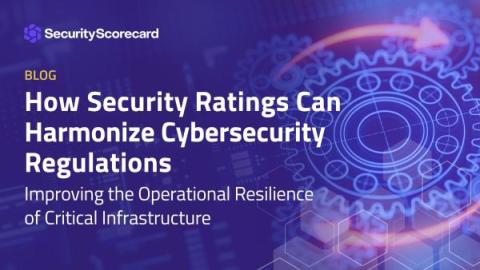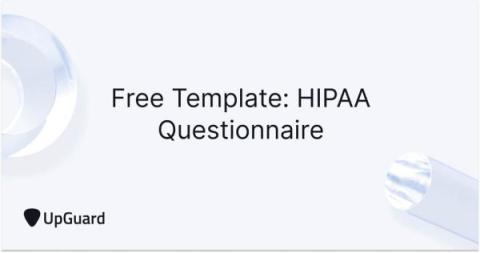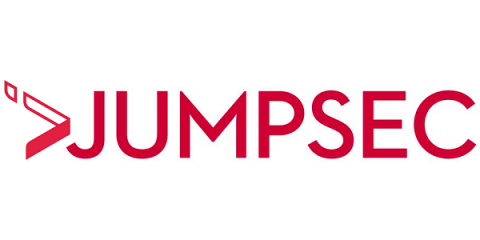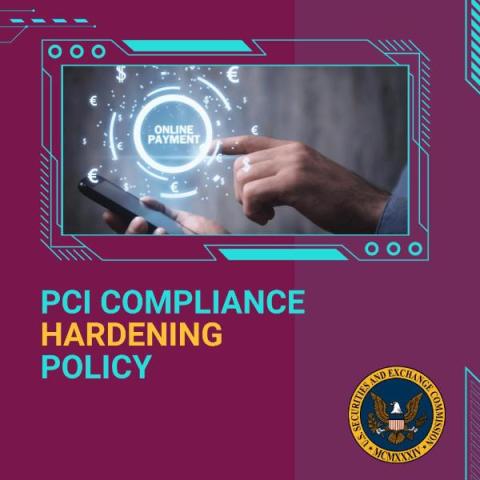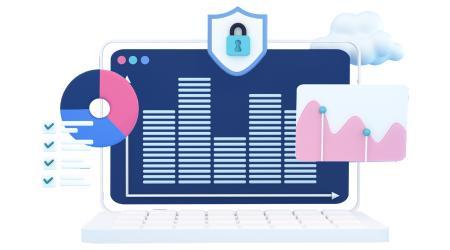How Security Ratings Can Harmonize Cybersecurity Regulations
In July of this year, the Office of the National Cyber Director (ONCD) stated in its release of an RFI on regulatory harmonization that: “When cybersecurity regulations of the same underlying technology are inconsistent or contradictory—or where they are duplicative but enforced differently by different regulators … consumers pay more, and our national security suffers.” This is an understatement. SecurityScorecard agrees and was happy to share our comments with ONCD today.


